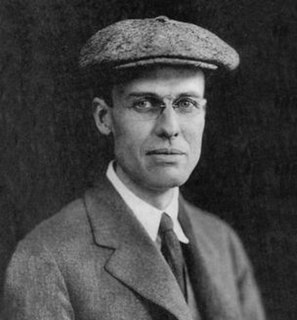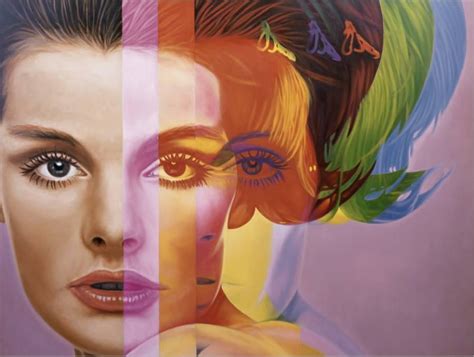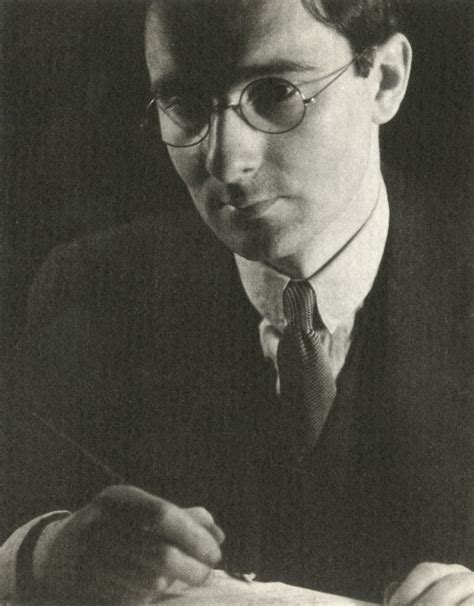A Quote by Edward Hopper
In its most limited sense, modern, art would seem to concern itself only with the technical innovations of the period.
Related Quotes
During my span of life science has become a matter of public concern and the l'art pour l'art standpoint of my youth is now obsolete. Science has become an integral and most important part of our civilization, and scientific work means contributing to its development. Science in our technical age has social, economic, and political functions, and however remote one's own work is from technical application it is a link in the chain of actions and decisions which determine the fate of the human race. I realized this aspect of science in its full impact only after Hiroshima.
In schools, including universities, most resources are spent to purchase the time and motivation of a limited number of people to take up predetermined problems in a ritually defined setting. The most radical alternative to school would be a network or service which gave each man the same opportunity to share his current concern with others motivated by the same concern.
The most beautiful emotion we can experience is the mystical. It is the power of all true art and science. He to whom this emotion is a stranger, who can no longer wonder and stand rapt in awe, is as good as dead. To know that what is impenetrable to us really exists, manifesting itself as the highest wisdom and the most radiant beauty, which our dull faculties can comprehend only in their most primitive forms - this knowledge, this feeling, is at the center of true religiousness. In this sense, and in this sense only, I belong to the rank of devoutly religious men.
Marriage is the most obvious public practice about which information is readily available. When combined with the traditional Jewish concern for continuity and self-preservation - itself only intensified by the memory of the Holocaust - marriage becomes the sine qua non of social membership in the modern Orthodox community.
art is the most general condition of the Past in the present. ... Perhaps no work of art is art. It can only become art, when it is part of the past. In this normative sense, a 'contemporary' work of art would be a contradiction - except so far as we can, in the present, assimilate the present to the past.








































